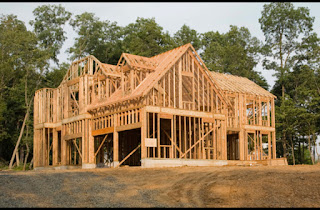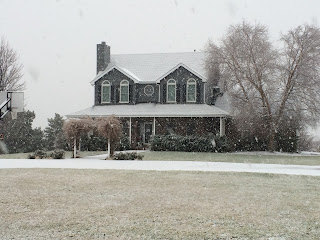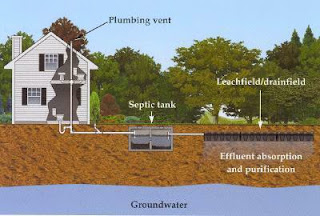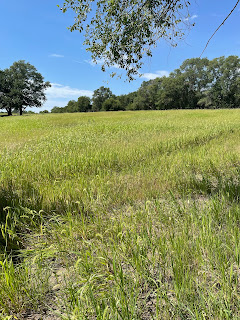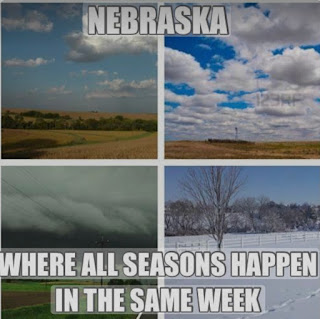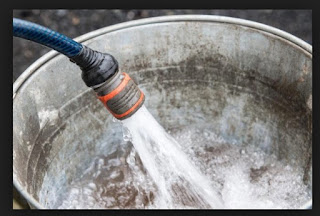Call us to PUMP...YOU OUT!

As I have written several times in this blog, one the best things you can do for your septic system is pump it regularly. And every time I discuss the subject of septic pumping, my brain always thinks about one of my favorite SNL skits with Hans and Frans....I'm sorry, I'm just that weird. They wanted to PUMP.....YOU UP! I want to PUMP...YOU OUT! Anyway... It is recommended that you pump your tank every 3-5 years based on activity levels in your home. The more people you have living in your home the more solids you produce. When we come pump the tank even though we take all the water with us, what we are actually after are all the solids that collect over time (your poo, toilet paper and garbage disposal items). If too much of these build up they can seep out to your lateral field and plug it up. Here’s why… The diagram above shows what an average septic tank contains on a daily basis. You will see sewage or wastewater comes in from the house, then liquid, sludge and s
